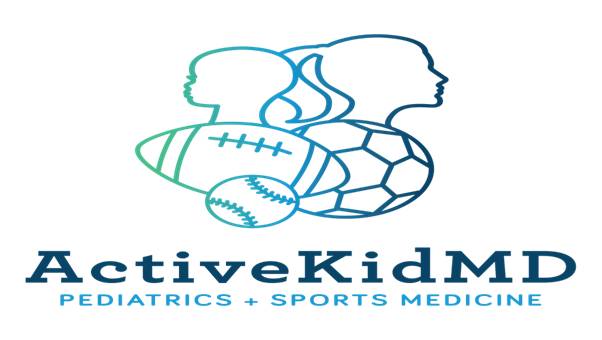Pre-Concussion Mood Disorders May Lead to Prolonged Post-Concussion Recovery
In an effort to better identify young athletes who might be a greater risk of prolonged recoveries after suffering a sport-related concussion, the findings of a recent retrospective study indicate that a personal or family history of mood disorders maybe linked to a longer recovery period.
Researchers at Vanderbilt University compared athletes who had a three week post-concussion symptom resolution period versus those with a three month or longer symptom recovery period, and found that those with pre-concussion anxiety or depression had a 17-fold increased risk of having the prolonged recovery time.
The research team also found that a family history of mood disorders and delayed onset of symptoms were both also associated with an increased risk of prolonged symptoms after a sport-related concussion.
These findings definitely mirror my experiences in working with school-aged athletes who have suffered concussions during sport activities.
I am more apt to ask about both personal and family history of mood disorders, often in the initial evaluation after a concussion. I will counsel families that any diagnosed or even suspected pre-existing emotional disorder, including Attention Deficit Disorder with/without Hyperactivity (not evaluated in the above study), depression and anxiety will have a tendency to worsen after concussion.
In some cases, it is the concussion that makes pre-injury issues more clear and out in the open, and in those instances, we both have to manage the concussion issues but also give proper respect and attention to those underlying mood disorders.
Early identification and aggressive psychological, medical, and school-based interventions are quite helpful in addressing emotional disorders. Key to have mental health colleagues available to assist in more difficult cases.
Failure to address the mood disorders leads to sub-optimal recovery.
I have also found that those pre-existing emotional disorders optimally managed with appropriate therapy and medication (when indicated) tend to have less consequences or flare-ups after an concussion.
The findings of delayed onset of symptoms is also not a major surprise. I do tend to see namely depressive symptoms not fully present for up to 4-6 weeks after a concussion. Not sure why this occurs. Could be part of the anticipated physiologic healing response, but could possibly be a by-product of cumulative mental and physical fatigue that accumulates by this time period and results in higher reported symptom presentations.
